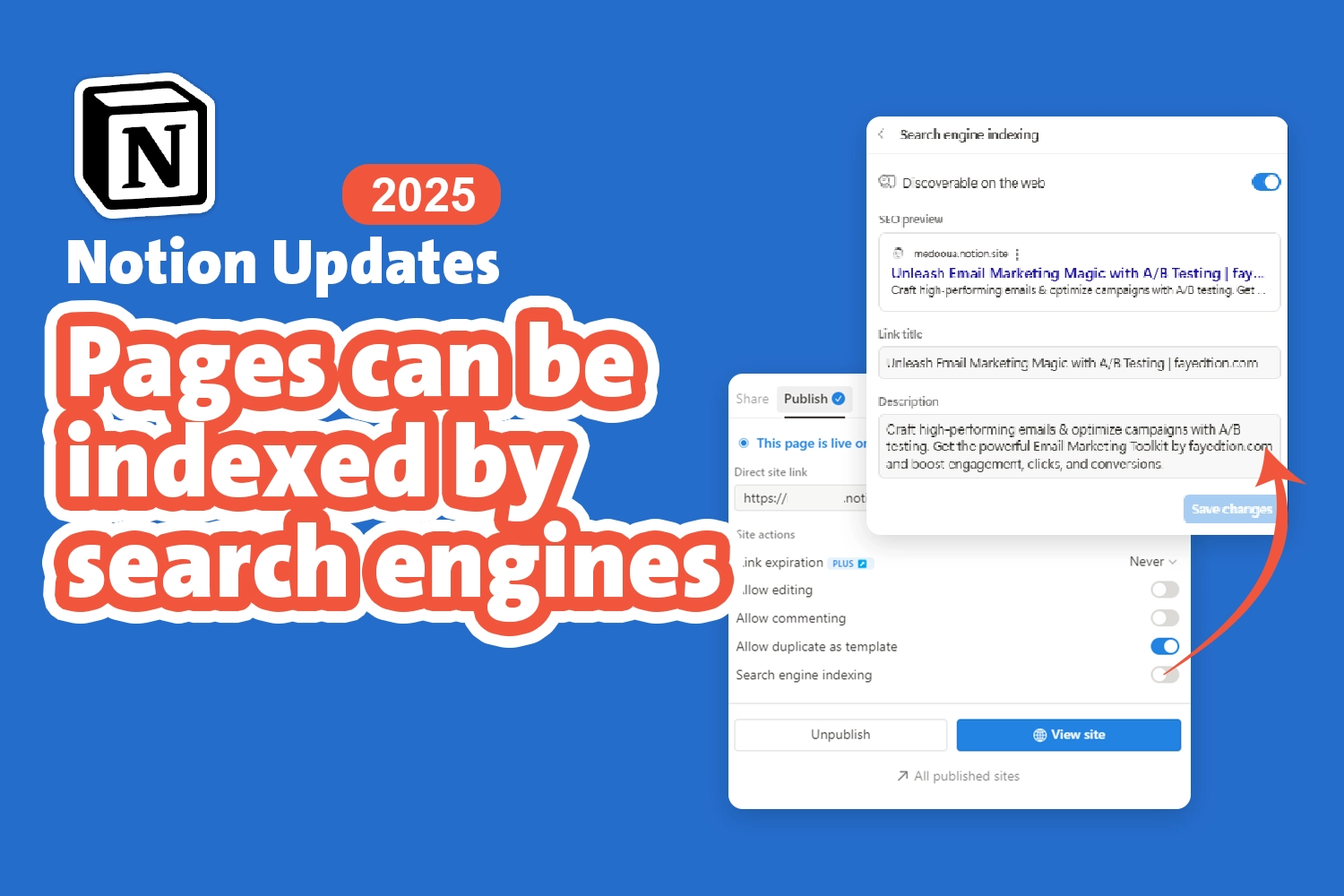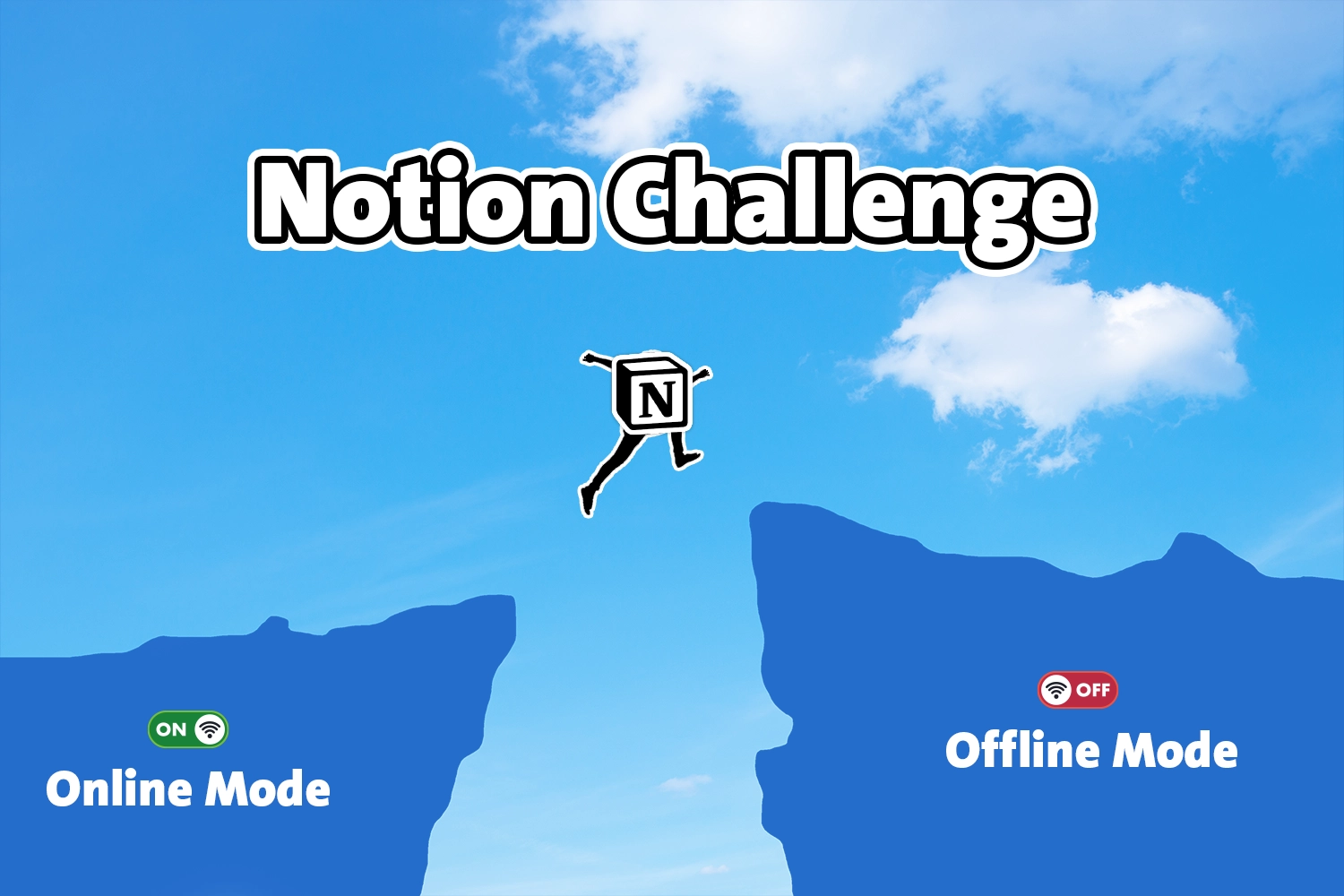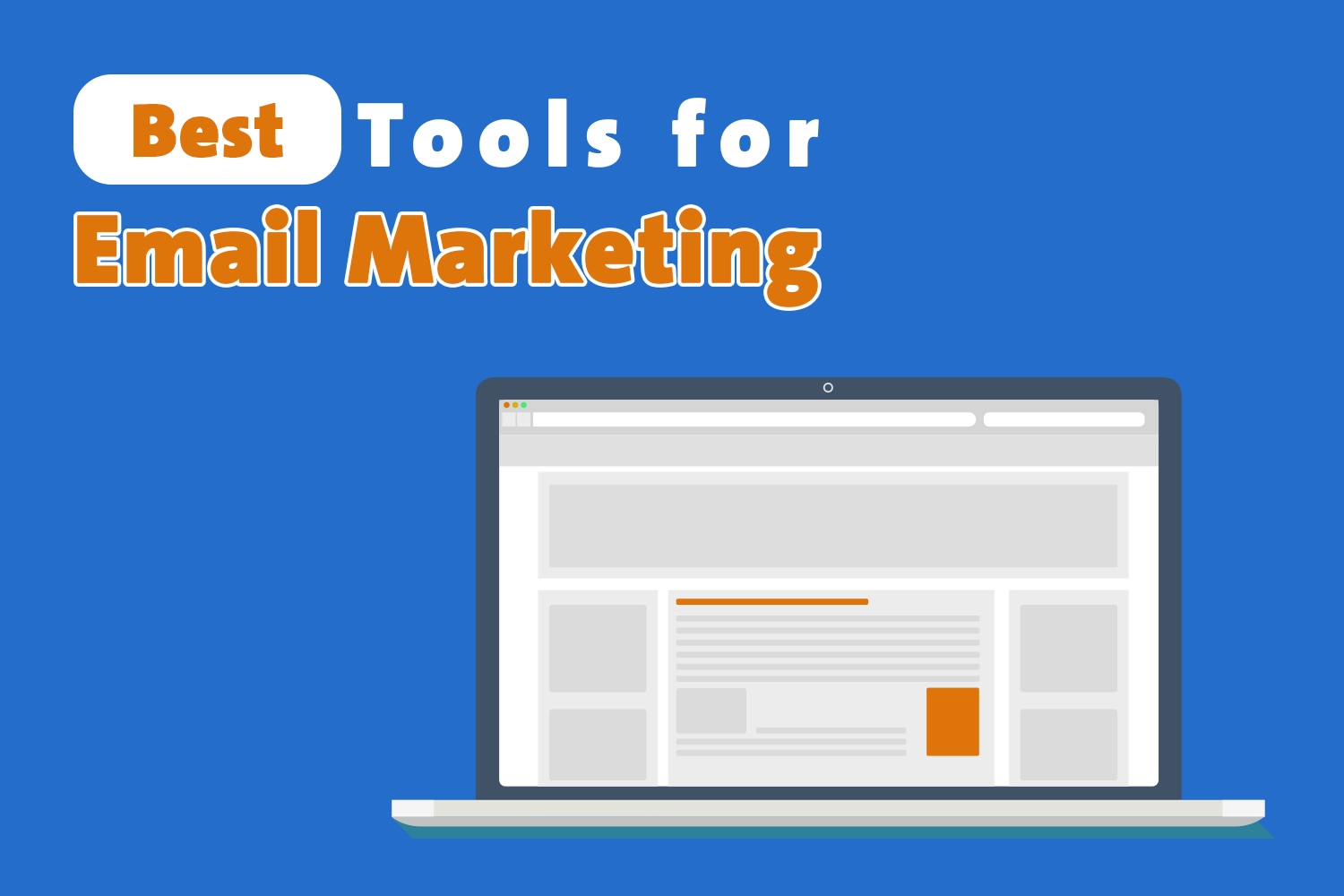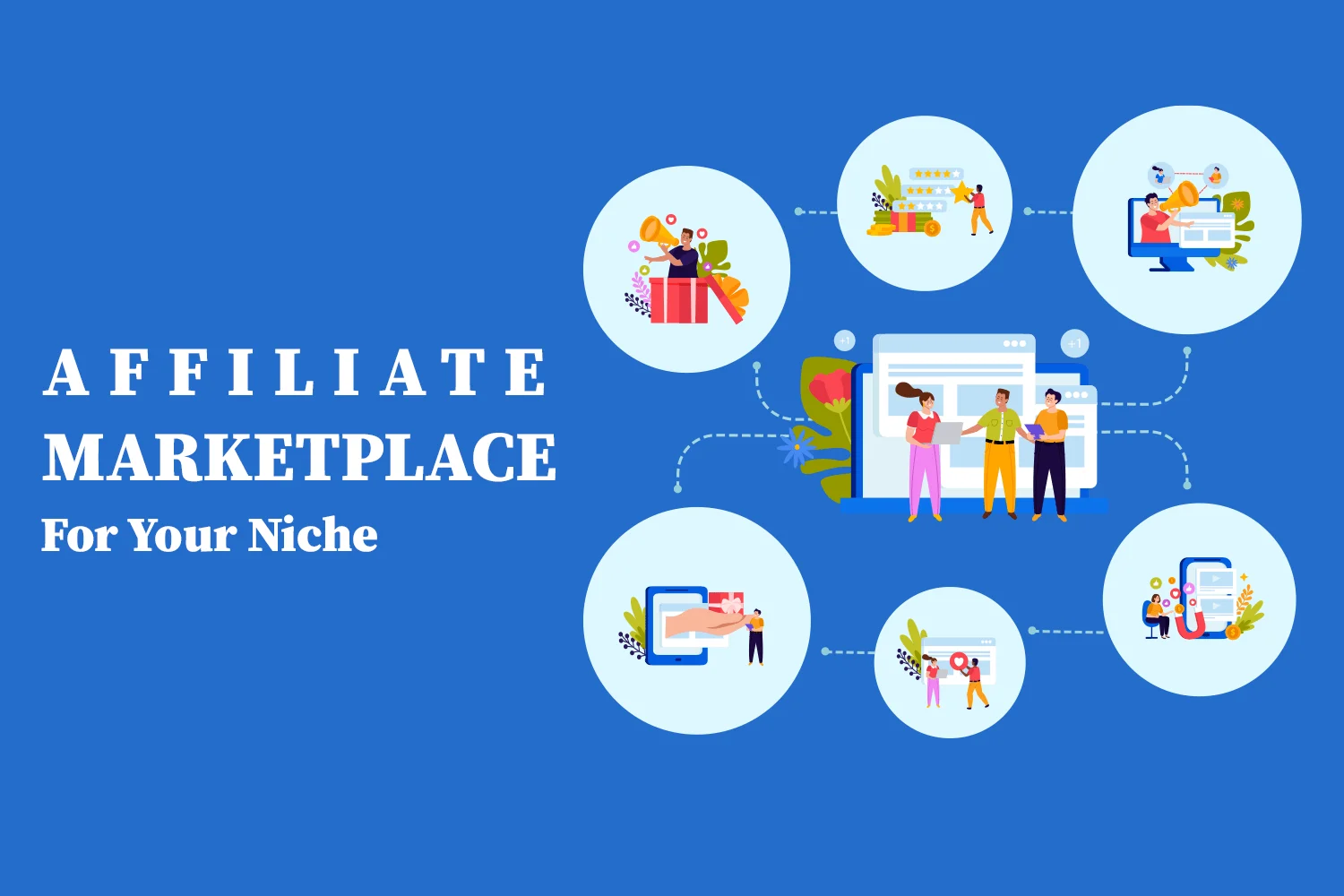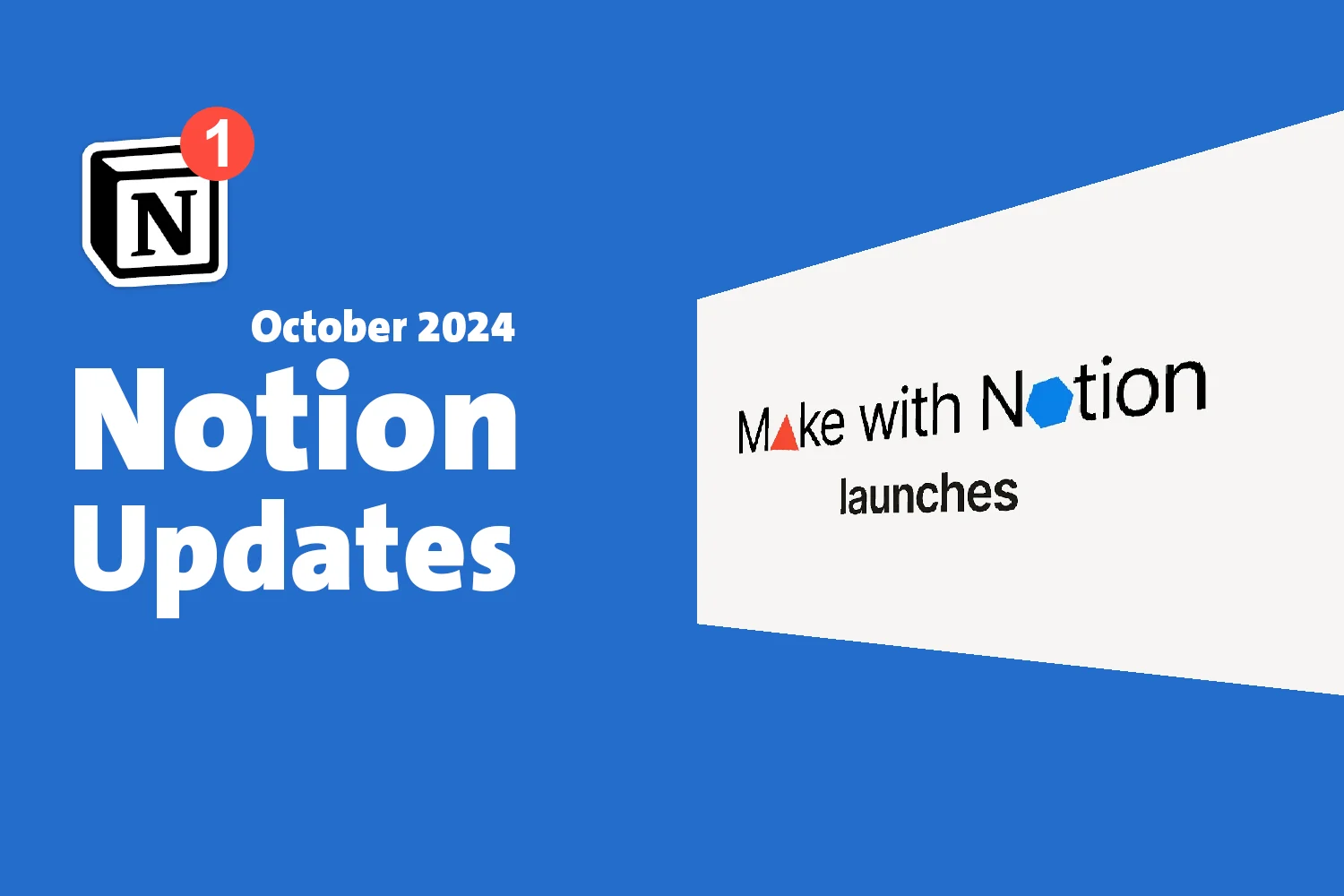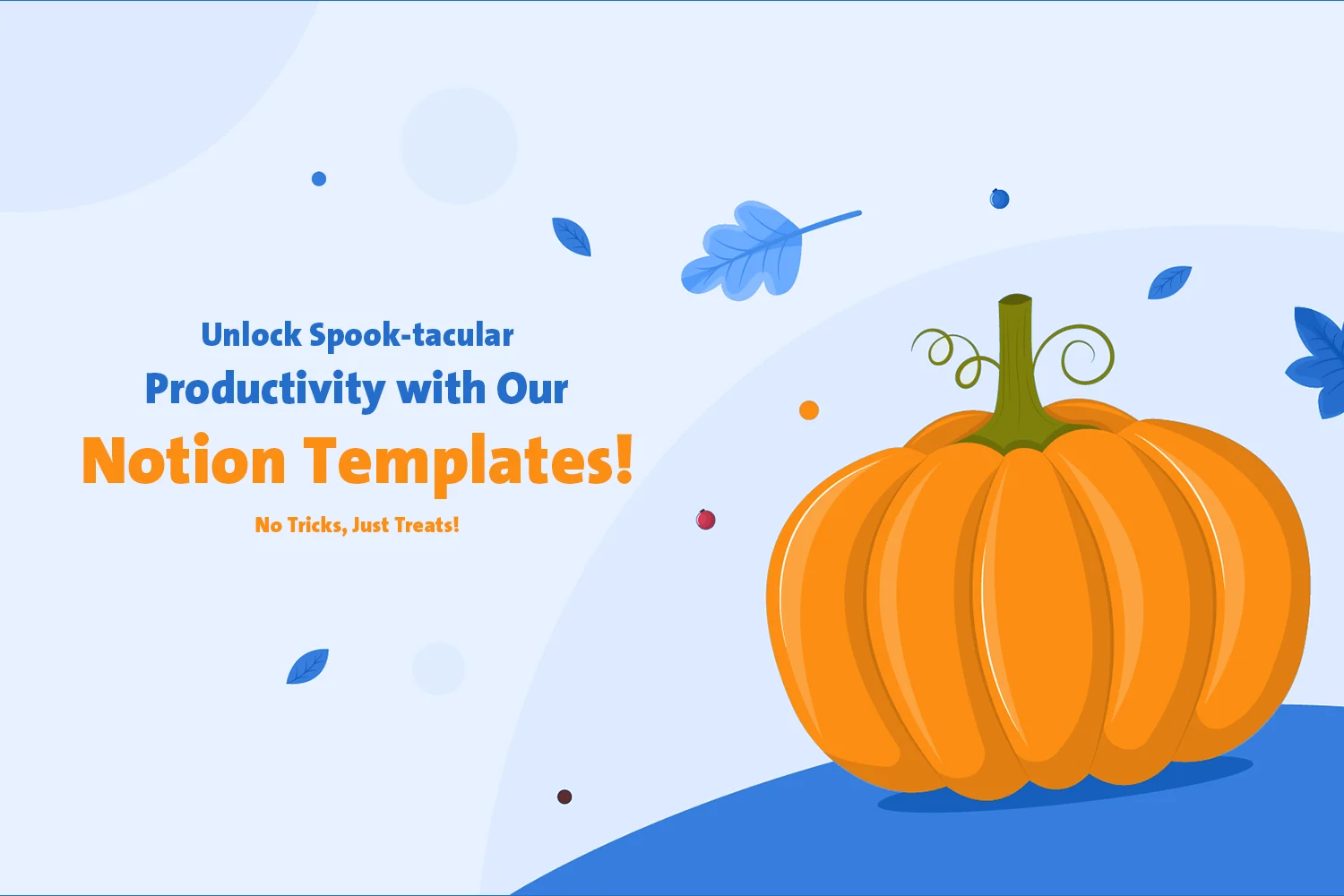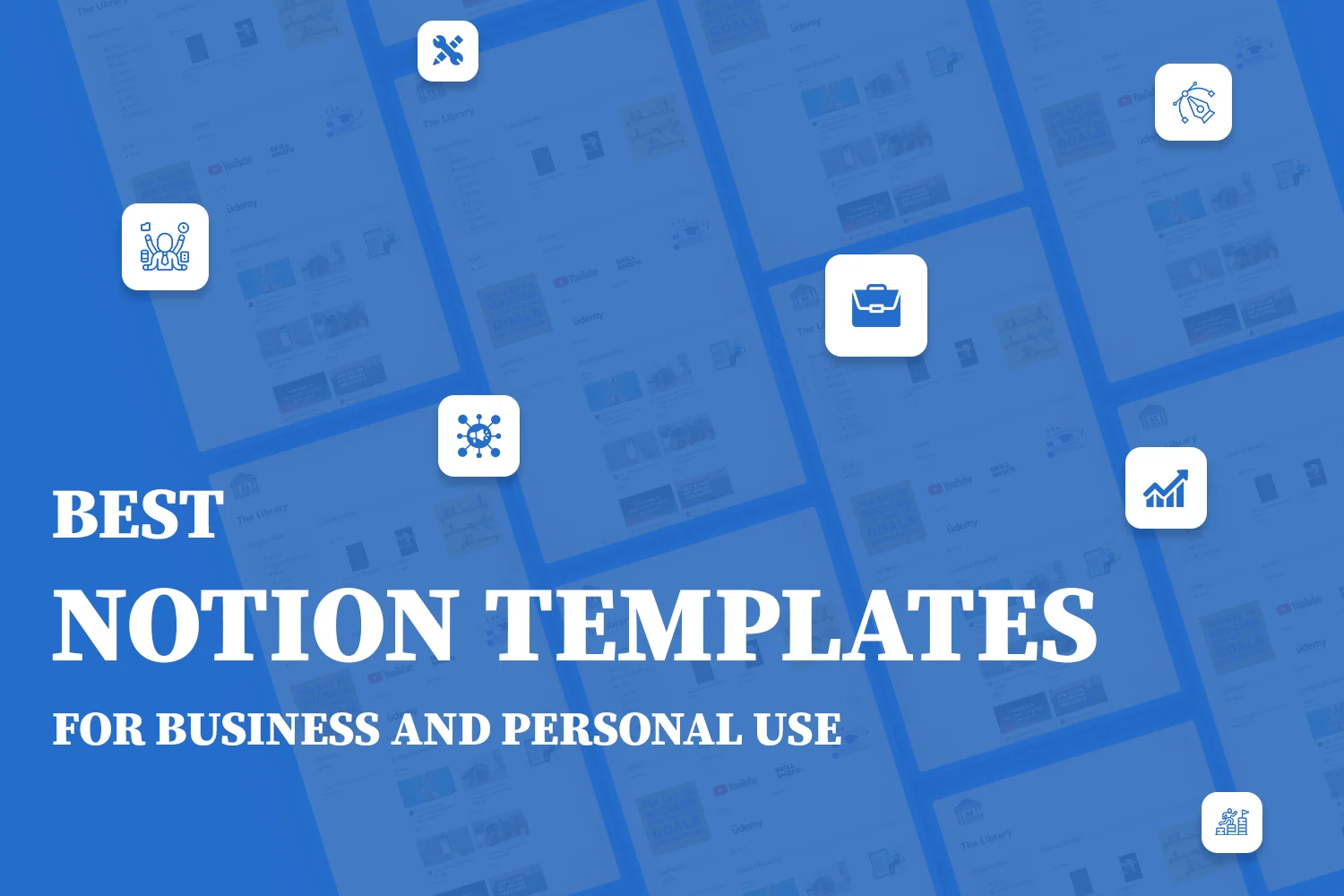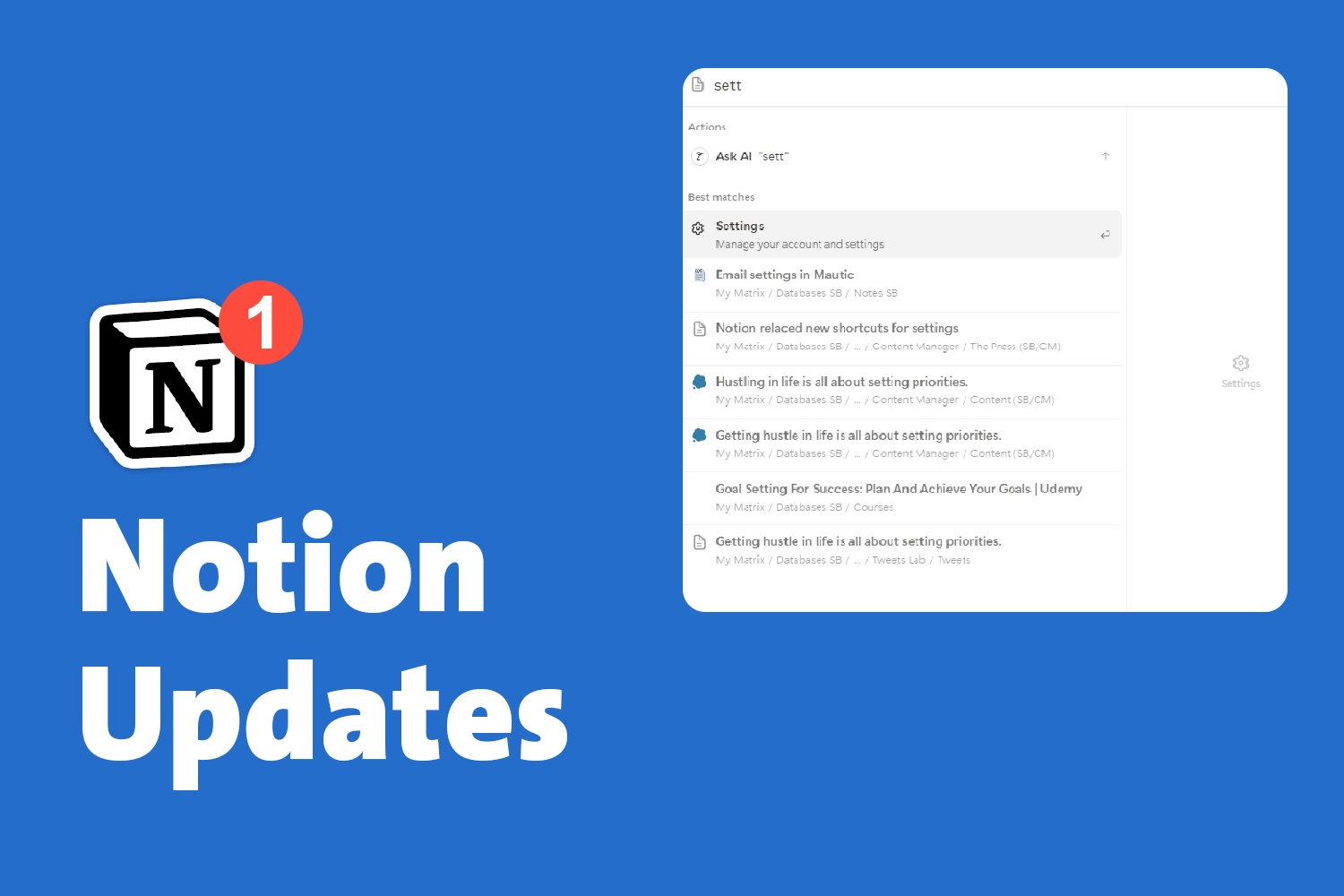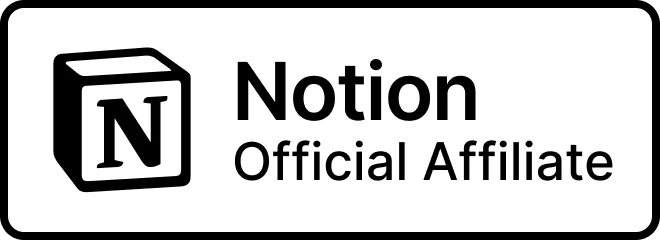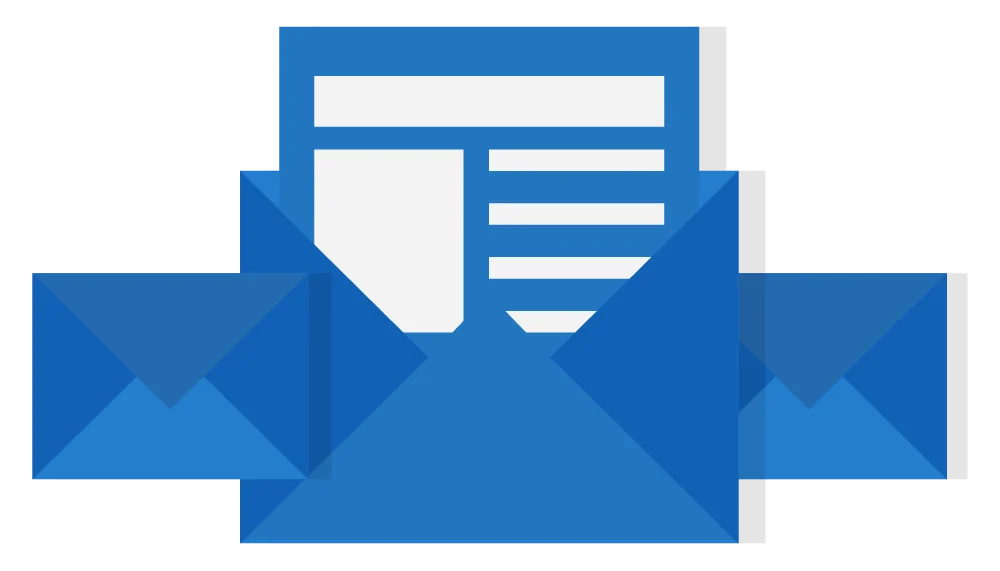Maximizing Efficiency and Success through Effective CRM system
As solopreneurs or freelancers, having a reliable system is crucial for our work. Without it, we risk losing track of tasks, hindering our success. That’s why Customer Relationship Management (CRM) systems are essential for individuals like us. By effectively managing customer interactions and data, CRM systems can significantly impact our work.
In this article, we will dive into why and when you need CRM for your solopreneur or freelance business.
Why Do You Need CRM?
- Streamline Customer Interactions: CRM systems centralize customer data, enabling you to track and manage interactions across multiple channels. This streamlines communication and ensures a consistent customer experience.
- Improve Customer Satisfaction: With CRM, you can gain valuable insights into your customers’ preferences, behaviors, and needs. This knowledge allows you to personalize your interactions and tailor your products or services to meet their expectations, ultimately leading to higher customer satisfaction.
- Enhance Sales and Marketing Efforts: CRM systems provide tools to track leads, manage sales pipelines, and automate marketing campaigns. By leveraging these features, you can optimize your sales and marketing efforts, resulting in increased conversions and revenue.
- Increase Efficiency and Productivity: CRM eliminates manual data entry and automates repetitive tasks, freeing up your team’s time to focus on more valuable activities. This increased efficiency and productivity can lead to improved customer service and higher overall business performance.
- Foster Collaboration and Communication: CRM systems facilitate collaboration and information sharing among team members. This ensures that everyone has access to up-to-date customer information, enabling better teamwork and coordination.
When Do You Need CRM?
- Business Growth: As your business grows, managing customer relationships becomes more challenging. Implementing CRM early can help you establish a solid foundation for managing customer interactions and scaling your operations effectively.
- Handling Large Volumes of Customer Data: If your business deals with a large volume of customer data, manually tracking and organizing this information becomes impractical. CRM systems provide a centralized database to store and manage customer data efficiently.
- Sales and Marketing Alignment: When your sales and marketing teams lack alignment, leads may fall through the cracks, and communication gaps can occur. CRM systems bridge this gap by providing a shared platform for both teams to collaborate and align their efforts.
- Timely and Personalized Customer Service: If you struggle to provide timely and personalized customer service, CRM can be a game-changer. By tracking customer interactions, preferences, and support tickets, you can deliver more effective and efficient customer service.
- Data-Driven Decision Making: If you want to leverage data to drive business decisions, CRM systems offer powerful analytics and reporting capabilities. You can gain valuable insights into customer behavior, market trends, and sales performance to make informed decisions.
How to Choose the Right CRM Solution?
Choosing the right CRM (Customer Relationship Management) solution for your business is crucial for optimizing your sales, marketing, and customer service efforts. With so many options available in the market, it can be overwhelming to determine which CRM solution is the best fit for your specific needs. Here are some key factors to consider when making your decision:
- Define Your Business Requirements: Start by identifying your specific business requirements and goals. What are the main functionalities and features you need in a CRM system? Consider factors such as contact management, lead tracking, sales pipeline management, marketing automation, customer support capabilities, and integration with other tools or software you use.
- Scalability and Customization: As your business grows, your CRM system should be able to scale and adapt to your changing needs. Look for a solution that offers flexibility and customization options, allowing you to tailor the CRM to your unique business processes and workflows.
- User-Friendliness: A user-friendly CRM system is essential for ensuring smooth adoption and usability by your team members. Look for a solution that has an intuitive interface, easy navigation, and requires minimal training to get started. Consider the accessibility of the CRM , whether it can be accessed from both desktop and mobile devices.
- Integration Capabilities: Consider the compatibility and integration capabilities of the CRM system with other tools and software you use in your business. Seamless integration with your existing systems, such as email marketing platforms, analytics tools, or project management software, can streamline your operations and improve efficiency.
- Data Security: Protecting your customer data is of utmost importance. Look for a CRM solution that offers robust security measures, such as encryption, data backup, and access controls. Ensure that the CRM system complies with relevant data protection regulations, such as GDPR (General Data Protection Regulation) if applicable to your business.
- Customer Support and Training: Consider the level of customer support and training provided by the CRM vendor. Look for a vendor that offers comprehensive documentation, tutorials, and responsive customer support channels to assist you and your team in case of any issues or questions.
- Cost and Return on Investment (ROI): Evaluate the pricing structure of the CRM solution and consider the overall return on investment it can provide for your business. Compare the features, functionalities, and pricing plans of different CRM vendors to find the best balance between cost and value.
- User Reviews and Recommendations: Take the time to read user reviews and testimonials of the CRM solution you are considering. Look for feedback from businesses similar to yours and consider their experiences and recommendations.
What Must You Have Inside Your CRM System?
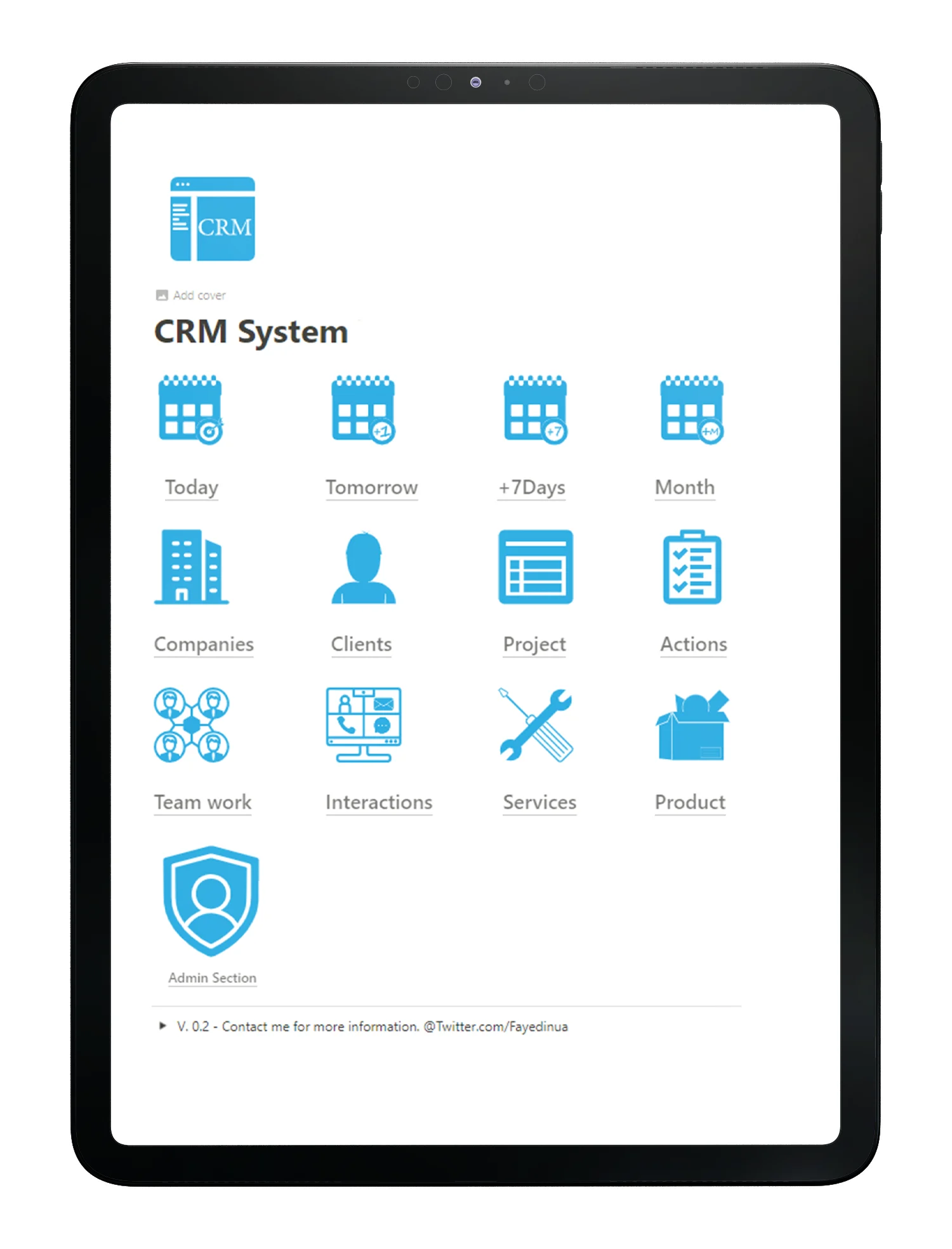
- Tasks: Efficiently manage your tasks with the CRM System template. Keep track of deadlines, assign tasks to team members, and monitor progress. With a centralized task management system, you can ensure that nothing falls through the cracks and projects stay on track.
- Projects: Stay organized and on top of your projects with the CRM System template. Create project timelines, set milestones, and allocate resources. Collaborate with your team members, track progress, and ensure that projects are completed successfully and on time.
- Meetings: Streamline your meeting management process with the CRM System template. Schedule meetings, send out invitations, and keep track of attendees. Capture meeting notes, assign action items, and follow up on important discussions. With an integrated meeting management system, you can run productive and efficient meetings.
- Contacts: Manage your contacts effectively with the CRM System template. Keep track of customer information, including names, addresses, and contact details. Categorize contacts based on their roles, organizations, or any other relevant criteria. Maintain a comprehensive database of your contacts and easily access their information whenever you need it.
- Companies: Track and manage your company information with the CRM System template. Store details about companies you work with, including their names, industries, and contact information. Monitor your interactions with each company, assign contacts, and keep a record of important notes and documents. With a centralized company management system, you can stay organized and nurture your business relationships.
- Services: Keep track of the services you offer with the CRM System template. Create a catalog of your services, including descriptions, pricing, and any additional details. Easily update and manage your service offerings to ensure accurate and up-to-date information for your clients.
- Products: Manage your product inventory and sales with the CRM System template. Keep track of product details, including names, descriptions, and pricing. Monitor stock levels, track sales, and generate reports to gain insights into your product performance. With a comprehensive product management system, you can effectively manage your offerings and maximize sales.
- Financial Tracker: Take control of your finances with the CRM System template’s built-in financial tracker. Keep track of income, expenses, and financial goals. Monitor your cash flow, track invoices, and generate financial reports. With a centralized financial tracking system, you can make informed decisions and ensure the financial health of your business.
- Budget Tracker: Stay on top of your budget with the CRM System template’s budget tracker. Set budget goals, track expenses, and monitor spending. Identify areas for cost optimization and make informed financial decisions. With a comprehensive budget tracking system, you can effectively manage your resources and maximize your financial efficiency.
Customize the Template
Tailor the CRM System template to perfectly align with your unique requirements. Add or remove sections, customize fields, and adapt the template to suit your specific business needs. With its flexible design, the CRM System template can be easily customized to fit the workflows and processes of your organization.
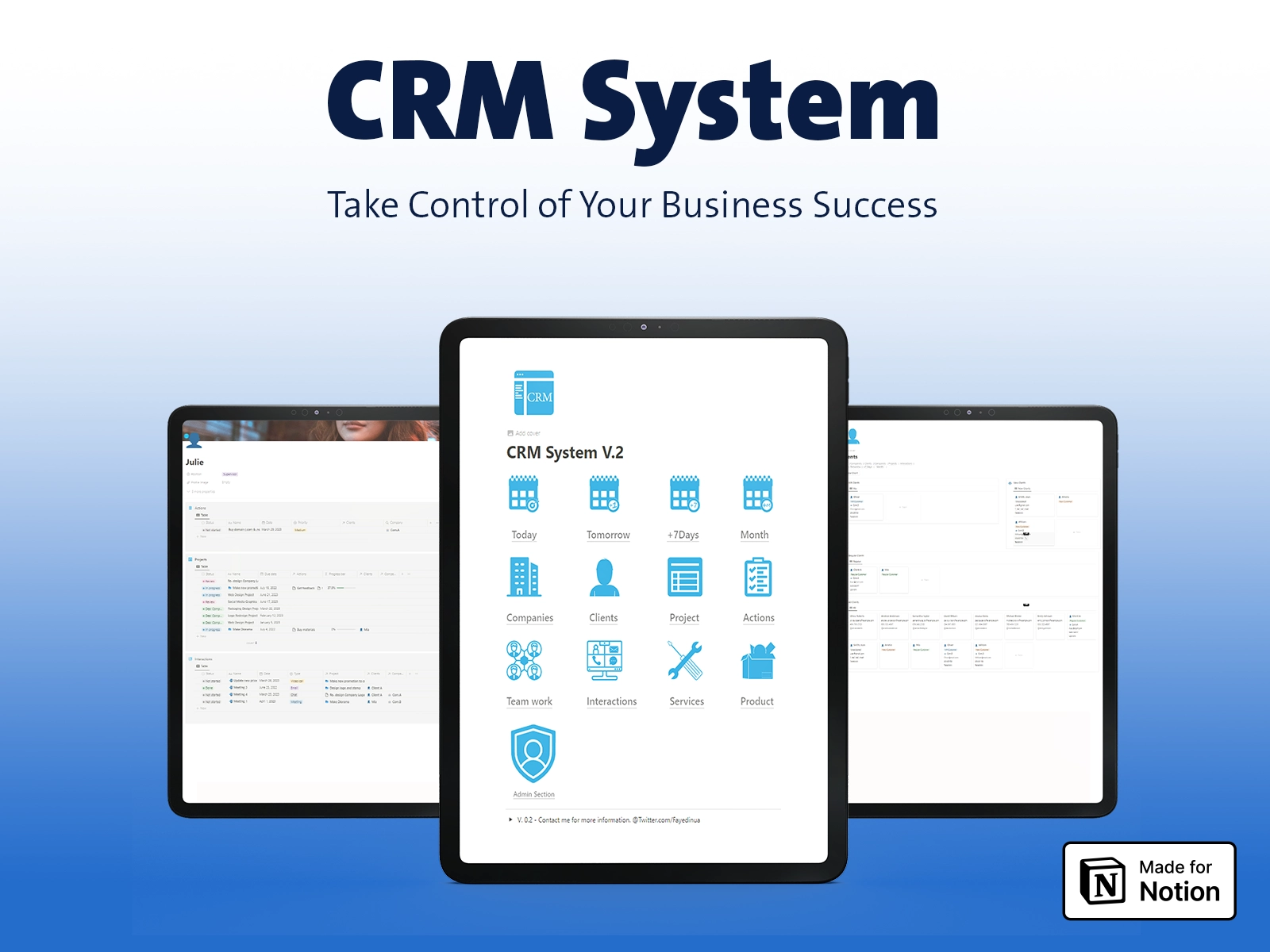
Manage your Business With CRM Notion Template
A comprehensive CRM Solution. Effortlessly Manage Clients
✅ Manage Clients and Projects
✅ Ready to Fit with Your Product Inventories and Services
✅ Calendar for Meetings with Team and Clients
✅ User-Friendly Page Designs


